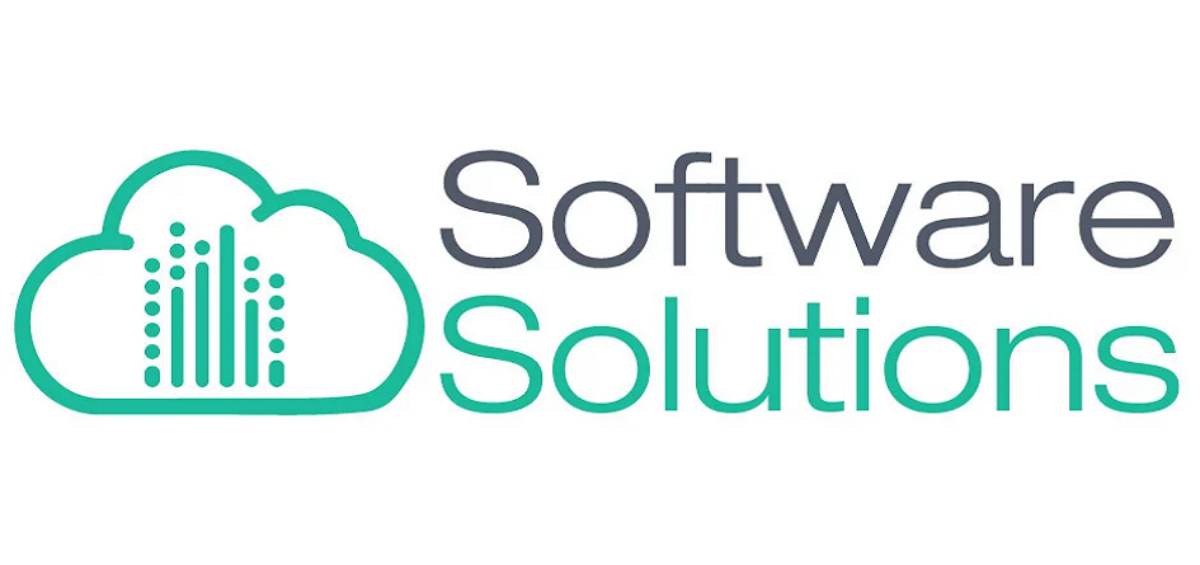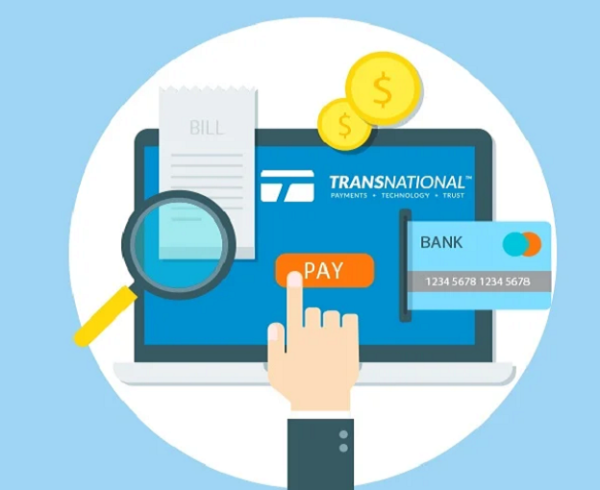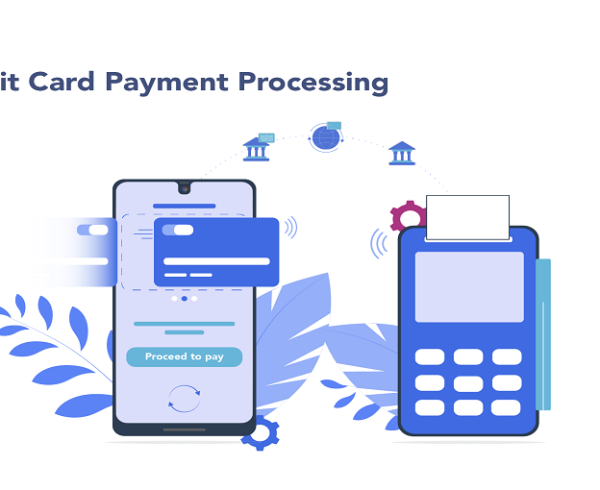In the highly competitive retail sector, small firms encounter distinct obstacles and prospects. Small retailers want effective and scalable solutions that improve customer experiences, streamline operations, and spur development to survive and prosper in this dynamic climate.
In the upcoming years, the market for retail software is anticipated to rise rapidly due to the growing acceptance of digital technologies and the demand for scalable and effective software solutions integrated systems. The size of the worldwide retail software industry was estimated at USD 12.9 billion in 2020 and is projected to increase at a compound annual growth rate (CAGR) of 11.2% from 2021 to USD 32.4 billion by 2028.
The retail industry has changed dramatically as a result of e-commerce, with online sales making up a growing portion of all retail sales globally. E-commerce sales are expected to surpass USD 7.1 trillion by 2025, making up 24.5% of all retail sales. To satisfy changing customer expectations, omnichannel retailing—which combines online and offline channels to create a seamless shopping experience—has grown in importance for merchants. 89% of customers are retained on average by businesses with good omnichannel strategies, compared to 33% by those with bad omnichannel strategies.
Consumer happiness and loyalty are fueled by personalized, easy, and frictionless experiences, which have become a critical difference for retailers. For merchants to satisfy customer demand, cut expenses, and optimize stock levels, effective inventory management is essential. Inventory management was listed as one of the top challenges by 46% of retailers in a National Retail Federation research, underscoring the necessity for sophisticated software solutions to handle inventory-related problems.
Retailers may make wise decisions and spur business success by using data analytics and insights to better understand consumer behavior, preferences, and trends. Businesses that use data analytics extensively are 19 times more likely to be profitable, 6 times more likely to retain consumers, and 23 times more likely to exceed their rivals in terms of customer acquisition.
Retailers are becoming quite concerned about cybersecurity, with Juniper Research projecting that by 2025, the global cost of data breaches in the retail industry will amount to USD 11.3 billion. In the ever-changing retail industry, merchants can improve customer experiences, streamline operations, and spur sustainable growth by utilizing cutting-edge technology, data-driven insights, and omnichannel strategies.
To better serve small businesses in the retail industry, this article will examine software solutions integrated systems and highlight their features, advantages, and best practices for deployment.
Challenges Faced by Small Retail Businesses without Software Solutions Integrated Systems:
Prior to exploring integrated systems and software solutions, it’s critical to comprehend the difficulties small merchants face:
- Restricted Resources: It can be difficult for small enterprises to invest in infrastructure and technology because they frequently have limited financial and human resources.
- Competition from Bigger Players: Due to their larger resources and economies of scale, larger chains and e-commerce behemoths compete fiercely with small merchants.
- Inventory Control: To maximize stock levels, cut expenses, and satisfy consumer demand, small shops must manage inventory well.
- Customer Engagement: To stand out from the competition and encourage loyalty in a crowded market, small businesses must establish and sustain relationships with their customers.
- Operational Efficiency: To increase production and profitability, small firms must have streamlined procedures and effective operations in their software solutions integrated systems.
Types of Software Solutions Integrated Systems for Small Retail Businesses:
1. Point-of-Sale (POS) Systems:
For small merchants, point-of-sale (POS) systems are crucial software solutions integrated systems that let them handle transactions, track sales in real-time, and manage inventory. Features including inventory control, sales reporting, customer relationship management (CRM), and interaction with e-commerce platforms and payment processors are available in modern point-of-sale (POS) systems.
2. Inventory Management Software:
Small merchants may avoid stockouts and overstock situations, track inventory movement, and optimize stock levels with the aid of inventory management software. Barcode scanning, automatic reordering, inventory tracking by SKU or location, and interaction with POS systems and suppliers are just a few of the features that these systems frequently provide.
3. Customer Relationship Management (CRM) Software:
CRM software collects and analyzes customer information, including preferences and past purchases, to help small shops establish and preserve relationships with their customers. To improve consumer engagement and retention, these systems enable customized messaging, loyalty programs, and tailored marketing efforts.
4. E-commerce Platforms:
Small merchants may have an online presence, connect with more customers, and offer goods and services online thanks to e-commerce platforms. These platforms include capabilities like shopping carts, online storefronts, order fulfillment integrations, payment processing, and website design and hosting.
5. Accounting and Financial Management Software:
Small merchants can manage cash flow, track expenses, track spending, and create financial reports with the aid of accounting and financial management software. By automating processes like payroll, budgeting, tax compliance, and invoicing, these systems save time and lower the possibility of mistakes.
6. Integrated Business Management Suites:
Integrated business management suites and software solution integrated systems give small merchants a complete toolkit to handle every facet of their business by combining several software programs into a single platform. POS, inventory management, CRM, e-commerce, accounting, and reporting modules are frequently included in these suites; they are all seamlessly connected to offer a comprehensive picture of operations.
Advantages of Using Software Solutions Integrated Systems for Small Retail Businesses:
Leveraging advanced software integration solutions can help small retail businesses thrive by improving customer experiences, streamlining operations, and enhancing overall business performance. Here are a few main benefits:
1. Efficient Inventory Management:
Small merchants can avoid stockouts and overstock situations, manage stock replenishment, and track inventory levels in real-time with the help of advanced software solutions. Inventory tracking, barcode scanning, and reorder procedures can all be automated by integrated systems, which saves time and lowers the possibility of mistakes that come with manual inventory management.
2. Streamlined Point-of-Sale (POS) Operations:
By streamlining transaction processing, point-of-sale (POS) systems allow small merchants to take payments via cash, credit cards, mobile devices, and contactless technology. Enhanced point-of-sale (POS) systems provide small shops with a full solution by including capabilities like inventory management, sales reporting, CRM, and interaction with e-commerce platforms.
3. Enhanced Customer Engagement:
Targeted communications and individualized marketing efforts are made possible for small merchants by integrated CRM software, which collects and analyzes consumer information, preferences, and purchase history. Small shops may provide customized shopping experiences, encourage customer loyalty, and increase repeat business by getting to know their consumers’ requirements and preferences.
4. Omnichannel Capabilities:
Small shops can provide seamless shopping experiences across a variety of channels, such as physical storefronts, e-commerce websites, mobile apps, and social media platforms, thanks to advanced software solutions integrated systems. Customers can purchase whenever and wherever they choose with integrated systems that coordinate price, promotions, and inventory across channels, all while preserving consistency and continuity across touchpoints.
5. Improved Operational Efficiency:
For small merchants, integrated software solutions reduce human labor and administrative burden by streamlining business operations and workflows. Small retailers can concentrate on their core business operations and strategic efforts by freeing up time and resources through the automation of repetitive tasks like inventory management, order processing, and reporting.
6. Data-Driven Decision Making:
Smart software solutions integrated systems give small merchants instant access to data and analytics, facilitating strategic planning and well-informed decision-making. Small retailers may create opportunities, manage pricing and promotions, and allocate resources wisely to propel business growth by examining sales patterns, consumer behavior, and market dynamics.
7. Scalability and Flexibility:
Small retail businesses can grow and expand without being constrained by old systems because of the scalability and adaptability of these software solutions integrated systems. With the flexibility and agility that cloud-based software solutions provide, small merchants can access their data and apps at any time, from any location, and scale their business as necessary to adapt to changing market demands.
8. Cost Savings and ROI:
Advanced software solutions integrated systems may require an initial investment, but small shops can benefit from long-term cost reductions and return on investment (ROI) through higher production, efficiency, and revenue generation. Software solutions integrated systems help small businesses compete successfully in the retail industry and maximize revenue by streamlining processes, cutting waste, and improving customer experiences.
Best Practices for Implementing Software Solutions Integrated Systems for Small Retail Businesses:
- Evaluate Business Needs: Determine your goals, pain areas, and business requirements in order to choose software solutions that meet your unique requirements.
- Research and Compare Options: To determine which software provider is the best fit for your company, do extensive research and evaluate features, price structures, customer testimonials, and other features.
- Invest in Training and Assistance: To make sure that your employees are competent in utilizing the program and can successfully make use of all of its features, invest in training and assistance.
- Customization and Integration: To guarantee compatibility and interoperability, select software solutions that provide choices for customization as well as smooth integration with current systems.
- Data Security and Compliance: Prioritize data security and compliance by choosing software providers who follow industry guidelines and standards and who put strong security measures in place to safeguard sensitive data.
- Track Performance and Adjust: To maximize efficiency and effectiveness, track the performance of your software solutions over time, get user feedback, and be ready to make necessary adjustments.
Conclusion: To compete successfully, optimize operations, and provide outstanding customer experiences, small businesses in the retail sector need software solutions integrated systems. In today’s quickly changing retail environment, small shops can overcome obstacles, seize new possibilities, and achieve sustainable growth and success by utilizing contemporary technology and adhering to best practices for implementation and utilization.







